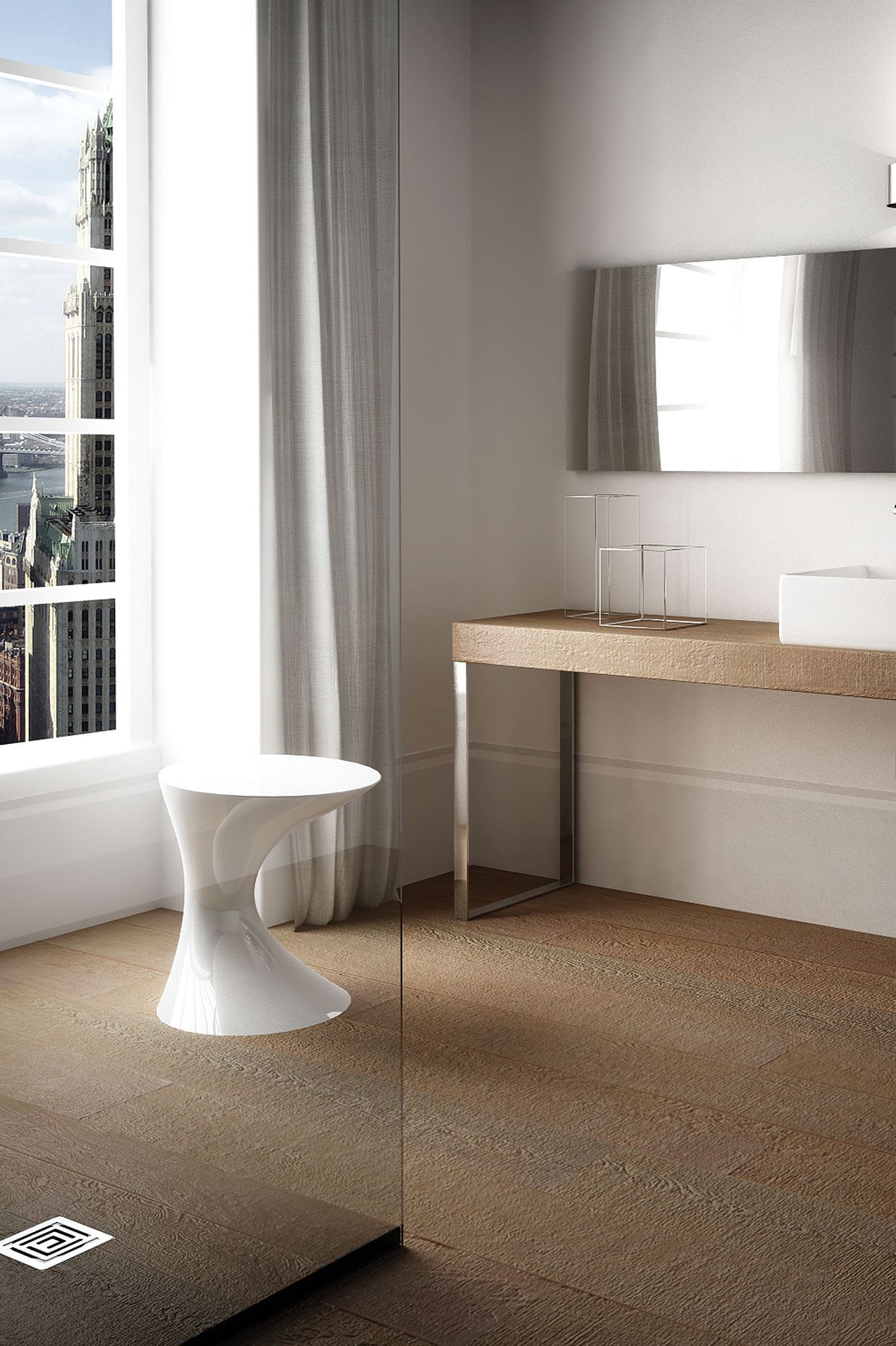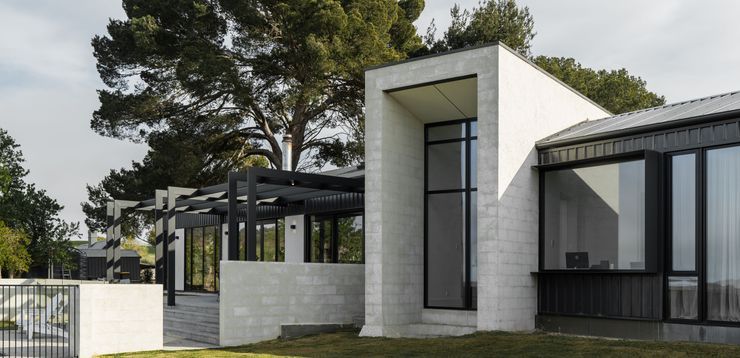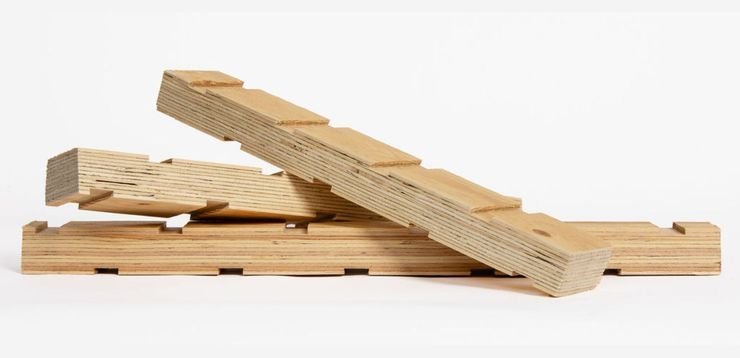The Italian difference: engineered timber flooring
Written by
24 November 2017
•
4 min read
Engineered timber has its known benefits but the latest developments in this product have seen its use rise around the world because of its unique water resistance and stability.
Casa Italiana imports the Italian-made IPF timber flooring into New Zealand and has done for many years. Compared to other engineered timber flooring, IPF stands out primarily because it is handmade, and because of the intricate processes the timber goes through to reach its finished state.
The boards are put together with between five and nine layers of birchwood before the top solid timber layer is affixed, which is generally oak, but can be customised to suit design requirements.
“It’s because of this layering combined with the type of adhesives used that the flooring is able to remain stable in the New Zealand climate where we have large differences between summer and winter temperatures. We also have known issues with moisture in homes, so having water resistant flooring is important,” Casa Italiana’s Maurizio Pesciatini says.
“Each layer is glued with a phenolic glue which itself also has a very high resistance to moisture and temperature changes.”
While the standard range has very high resistance to moisture and can be installed in any area of the home including wet areas, the boards can also be made to order with the addition of a separate waterproofing product that allows the timber to be exposed to much more moisture.
In conjunction with this, the latest iteration of IPF flooring was designed to be indistinguishable from a technical resin product that is brushed to create a wood-look effect. This allows for timber to be a feature of all areas of the home, from the living areas right through to the interior of the shower, if so desired, with wood-look resin.
“Wood-look resin is light weight, similar to acrylic shower trays, which allows for easy handling. The resin is painted at the same time as the timber flooring, allowing them to indistinguishable from one another when finished,” Maurizio says. “The IPF flooring can be used in bathrooms and wet areas, but cannot be used inside a shower or bath because of issues that are more related to the relative humidity of the air than the presence of water,” Maurizio says. It is in these areas where the resin product can be incorporated to create a seamless wood-look throughout a bathroom.
IPF flooring is able to be used in wet areas because of its meticulous manufacturing process. “Our drying process happens over five months, in comparison to the European average, which is three weeks, and the Chinese, which is two weeks,” Maurizio says. “The waterproof finish consists of 15-17 layers of paint, all of which are done by hand, which guarantees the best results and performance, particularly in installations such as bathrooms.
“The flooring can also be waxed, stained or oiled in Italy by hand, or it can be purchased as a raw material so the client can choose colours and finishes once it is installed.”
While Casa Italiana stocks a standard range of IPF flooring in New Zealand, it can also be completely customised to suit any application or achieve any colour result.
If the flooring chosen is a customised option, the turnaround between placing the order and the product arriving in New Zealand ready for installation is 12 weeks.
“People are choosing this product because of its quality. It’s a high-end product that is known globally as a prestigious flooring option,” Maurizio says. “We also want people to be assured that they know the timber they are using in their homes is safe and radiation free, and where it has come from.”
To that end, Casa Italiana provides clients with a unique number from which they are able to track the origin of the timber they choose for their project. “They are able to access details such as when the timber was planted, where it was planted, and when it was harvested.”
If you’re looking for a luxurious flooring option, or want to create a bold statement by incorporating timber in a more unusual setting, get in touch with Casa Italiana on ArchiPro here to see what can be achieved.














